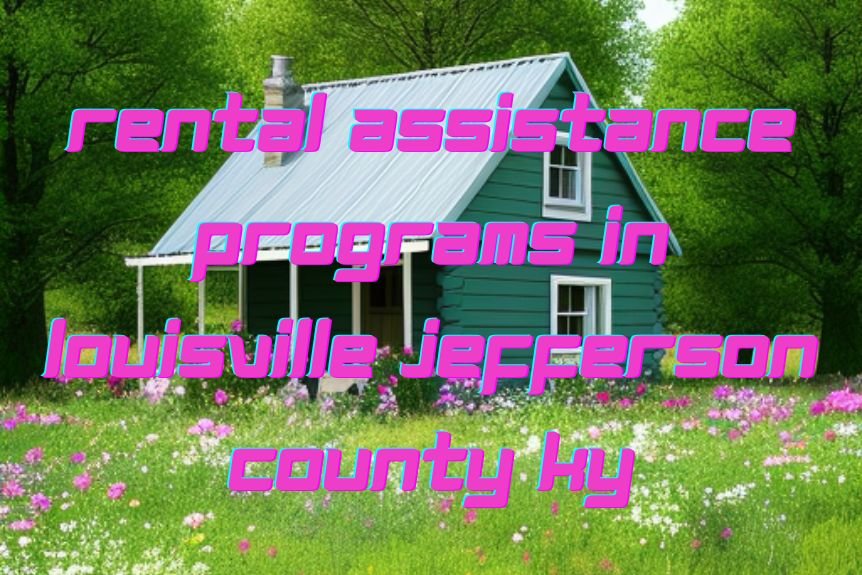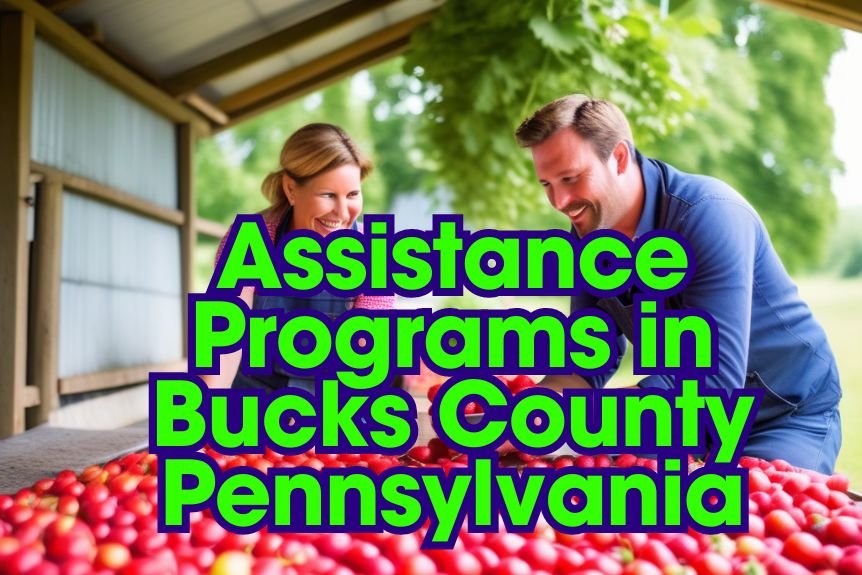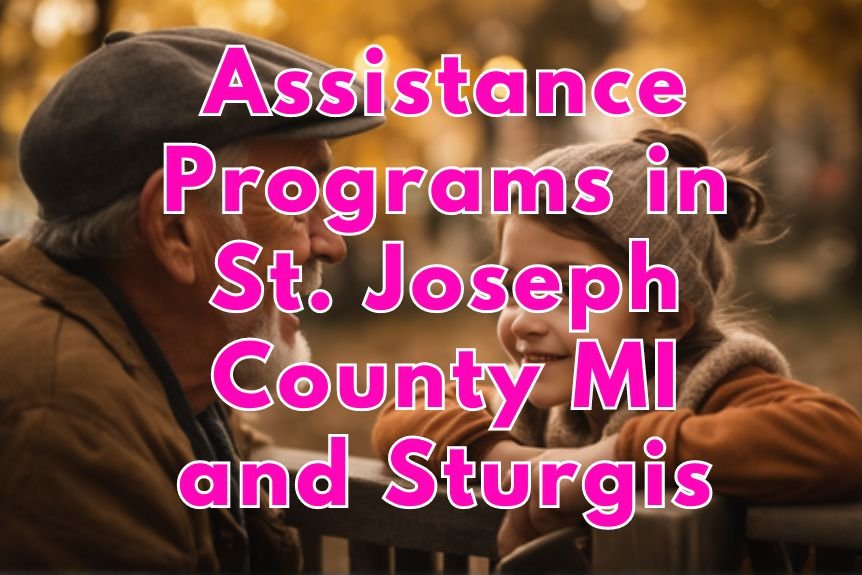In Georgia, there are seven key services to help you navigate your mortgage difficulties and prevent foreclosure. Understand Georgia's foreclosure laws, consider Local Family Loans and bank assistance programs. Explore the HomeSafe Georgia initiative that offers up to $50,000 in aid. Seek guidance from the Neighborhood Assistance Corporation of America, and proactive interaction with your mortgage servicer can lead to tailored solutions. Explore alternatives to foreclosure such as loan modifications, short sales, and legal action as well. Arm yourself with knowledge and access the resources available to secure your home's future. Continue on for a more in-depth look into these services.
Understanding Georgia's Foreclosure Laws
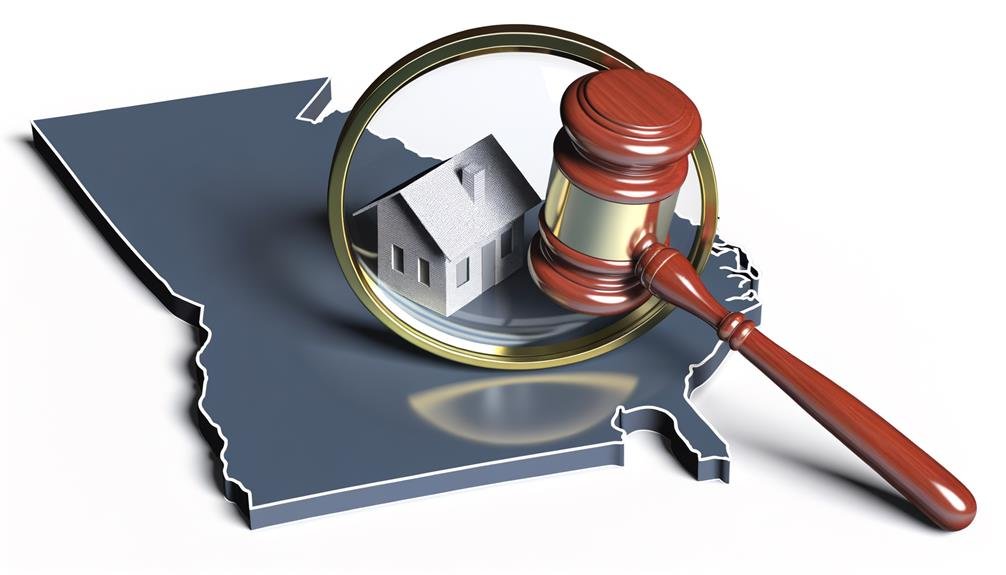
To effectively navigate Georgia's primarily nonjudicial foreclosure process, it's essential that you understand the state's specific laws and procedures. This understanding will empower you to tackle any financial challenges head-on and explore your options for stopping foreclosure.
In a nonjudicial foreclosure, your mortgage company can sell your home without court intervention if you default on your mortgage payments. Georgia's foreclosure laws allow for this quick and streamlined process, but it doesn't mean you're helpless. There are resources available that provide guidance and assistance programs to help you cope.
Understanding your rights under these laws is crucial. You need to know that you can request a judicial review if you believe your lender hasn't followed due process. In a judicial foreclosure, your lender must prove their case in court, giving you an opportunity to dispute the foreclosure.
Local Family Loans: A Lifeline
While understanding Georgia's foreclosure laws is a significant first step, you might also consider turning to local family loans, a potential lifeline for homeowners in danger of foreclosure. This type of financial assistance can be a godsend when you're struggling to keep your home. In Georgia, local family loans can help cover missed mortgage payments, serving as an effective foreclosure prevention strategy.
What makes family loans appealing? Typically, they offer more flexible terms compared to traditional lenders. Lower interest rates can also be a major perk, making it easier for you to repay the loan. It's all about keeping housing affordable and manageable for you, regardless of the financial turmoil you're facing.
Moreover, local family loans can help bridge the gap, allowing you to stay in your home while you regain your financial footing.
Financial Institutions Offering Assistance
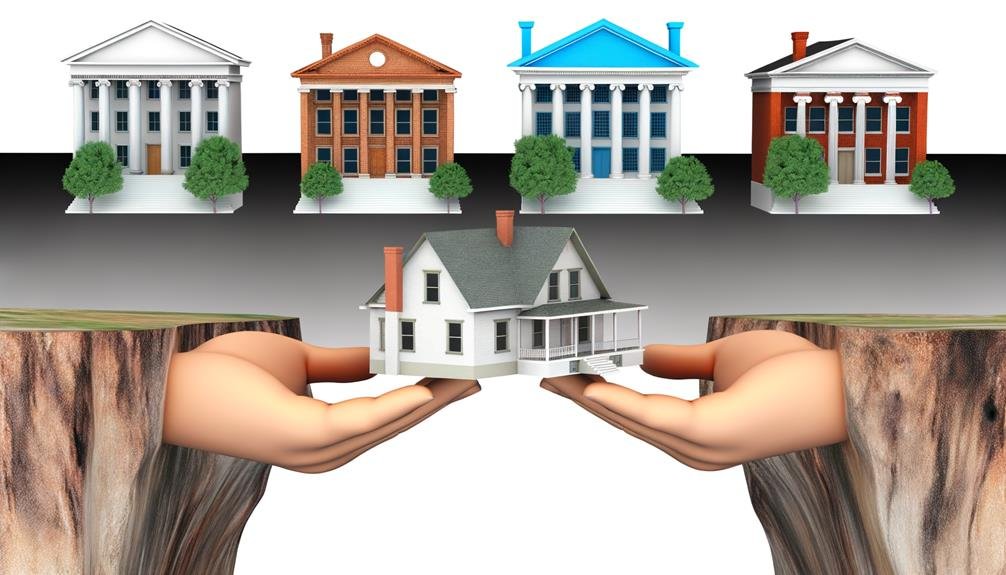
In addition to family loans, many financial institutions in Georgia offer loss mitigation options, providing an essential lifeline for homeowners facing the threat of foreclosure. These institutions have assistance programs designed to help borrowers navigate through their financial hardship.
You, as a homeowner, can reach out to your mortgage servicers to get detailed information about these assistance options.
Financial institutions in Georgia may offer loan modifications, repayment plans, or other alternatives to foreclosure. Loan modifications could involve a reduction in your interest rate, an extension of the loan term, or even a principal forbearance. Repayment plans, on the other hand, allow you to catch up on missed payments over time, usually in addition to making your current mortgage payments.
The key is to contact your financial institution early to explore these potential assistance solutions. Don't wait until you're knee-deep in financial hardship to seek help. The earlier you reach out, the more options you'll have to avoid foreclosure.
HomeSafe Georgia: A Government Initiative
Facing financial hardship due to the pandemic? HomeSafe Georgia, a government initiative, may be your lifeline, offering more than $300 million in mortgage assistance to homeowners struggling with their payments. This program, which started with $354 million, has already provided $30 million to 1,600 families in Georgia this year alone.
HomeSafe Georgia stands as an important pillar in foreclosure help, offering up to $50,000 in assistance depending on your hardship and income levels. Qualification for this assistance requires proof of pandemic-related hardships, ensuring support gets to those who need it most.
The processing time is typically around two months, a minor wait considering the potential benefits. Success stories abound, like Anthony Fulton's, a homeowner who avoided foreclosure and saved his home thanks to HomeSafe Georgia.
Navigating through pandemic hardships can be challenging, but with initiatives like HomeSafe Georgia, the burden may seem a bit lighter. The program's dedication to aiding Georgia's homeowners is clear in the assistance provided and the success stories shared.
If you're struggling, consider reaching out to HomeSafe Georgia and explore the help they can provide.
Neighborhood Assistance Corporation of America

Beyond government initiatives like HomeSafe Georgia, there's another valuable resource for homeowners in Georgia – the Neighborhood Assistance Corporation of America, or NACA. Based in Atlanta, NACA provides legal assistance and counseling to those facing foreclosure, particularly individuals with low-to-moderate income.
NACA's reputation is built on its extensive programs that deliver affordable mortgages. These programs offer direct lending with no down payment, closing costs, or fees, making homeownership accessible for many who might've struggled otherwise. By providing this level of support, NACA has helped thousands of Georgia families avoid foreclosure and secure sustainable homeownership.
However, NACA's work extends beyond simply providing mortgages. They're known for advocating for economic justice by addressing predatory lending practices head-on. Through workshops and counseling, they educate homeowners about their rights, helping them navigate the often intricate and confusing landscape of the mortgage industry.
If you're in Georgia and facing financial hardship, NACA could be a lifeline. Their thorough approach ensures you're not only able to keep your home but are also empowered to make informed financial decisions moving forward.
Consulting With Mortgage Servicers
Often, consulting with mortgage servicers can offer you a lifeline when facing foreclosure in Georgia. Indeed, such consultation is an essential component of foreclosure help. These servicers provide loss mitigation options specifically designed to assist homeowners in your predicament. The goal? To keep you in your home.
Understanding the services provided by mortgage servicers can make maneuvering through the foreclosure process less intimidating. It's important to initiate this consultation as soon as you miss payments. That way, you're more likely to find customized solutions tailored to your financial situation.
Consider these three points:
- Mortgage Assistance: Mortgage servicers can outline different mortgage assistance programs based on your unique situation. This can alleviate your financial burden and help you avoid foreclosure.
- Loss Mitigation Options: Consulting with servicers allows you to explore various loss mitigation options. These strategies aim to limit the financial loss by modifying loan terms or setting up a repayment plan.
- Customized Solutions: Mortgage servicers can help you devise a personalized plan. They take into account your financial situation and what you can realistically afford.
In short, consulting with mortgage servicers in Georgia is a proactive step towards keeping your home.
Exploring Foreclosure Alternatives in Georgia

While engaging with mortgage servicers can provide significant assistance, it's also worthwhile to familiarize yourself with the foreclosure alternatives available in Georgia. An understanding of these options can prevent unnecessary stress and financial hardship.
One of the most immediate solutions for Georgia homeowners is reinstating the loan by paying the missed payments. Alternatively, you could negotiate a payment plan or a loan modification with your lender. These options allow you to maintain ownership of your property by adjusting your existing mortgage terms.
If maintaining the mortgage is untenable, consider a short sale or a deed in lieu. In a short sale, you sell your home for less than the remaining mortgage balance. A deed in lieu involves transferring the property title to the lender, thereby avoiding foreclosure.
When these foreclosure alternatives don't fit your situation, bankruptcy or legal action may be your next course of action. Bankruptcy can delay or eliminate foreclosure, but it's a serious step that requires careful consideration.
Lastly, understand eviction laws. After foreclosure, if you fail to vacate, the new owner can initiate eviction proceedings. Knowing your rights can help you prepare for this potential outcome.

